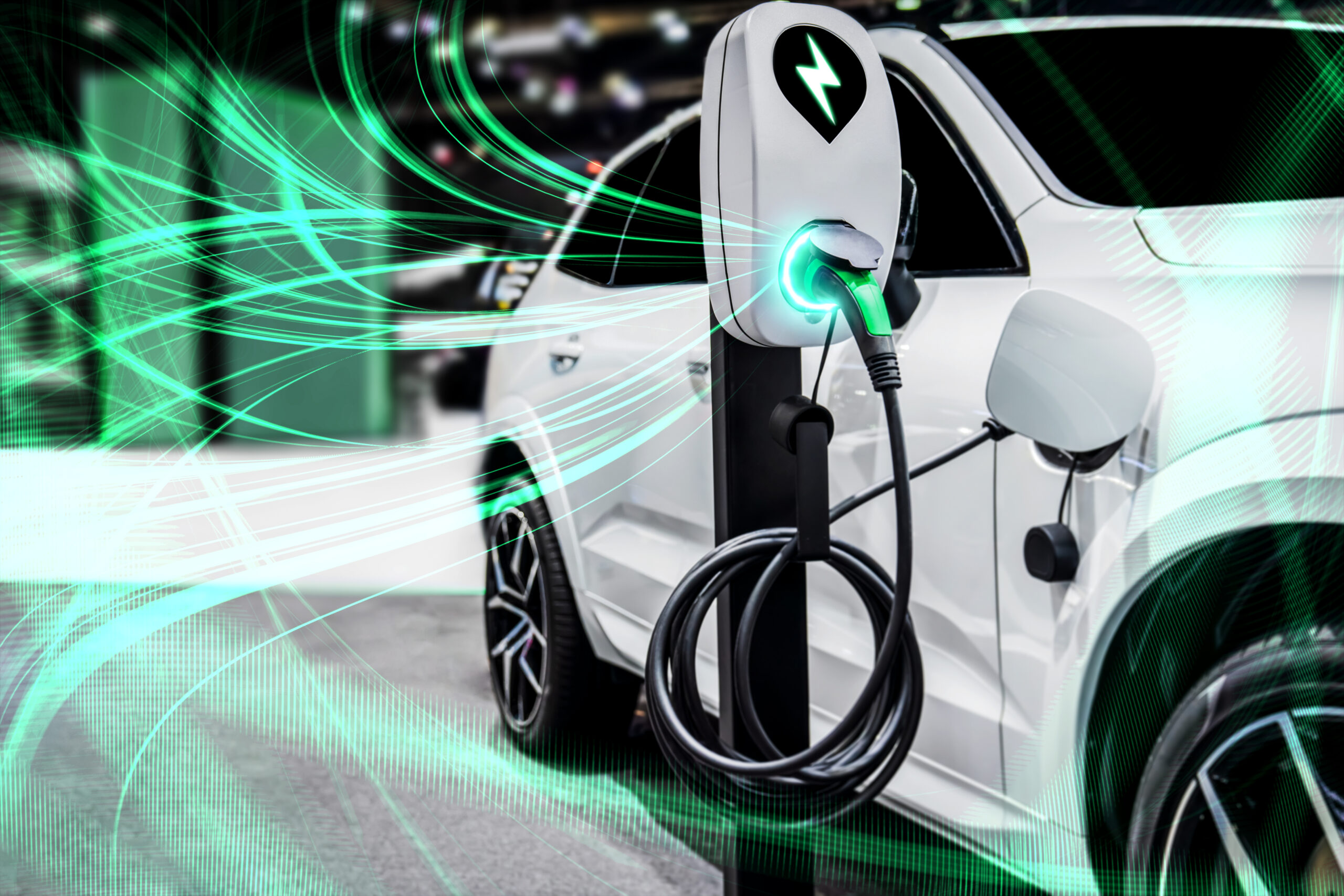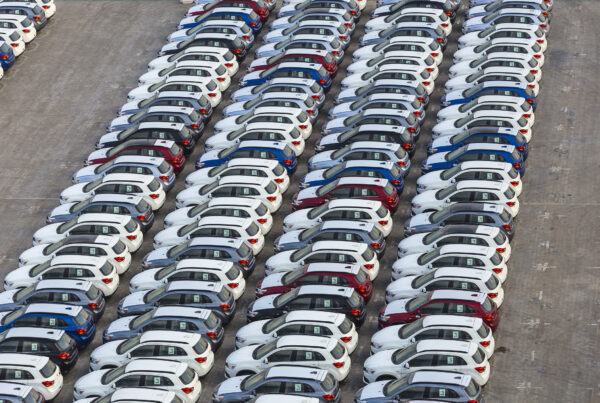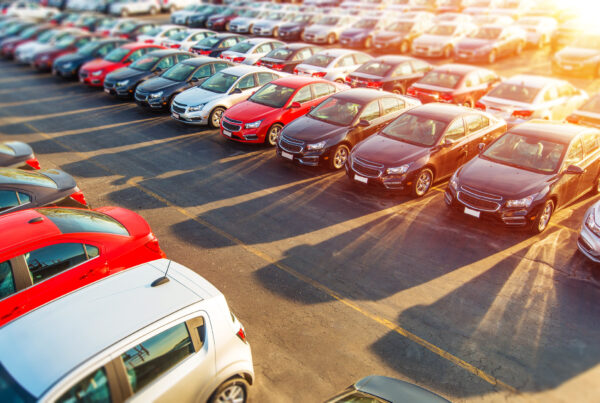The Australian Government announced a $100 million investment to expand electric vehicle (EV) fast-charging infrastructure nationwide. The Clean Energy Finance Corporation (CEFC) awarded the funding to Ampol.
This investment will support sustainable initiatives, including EV charging stations, hydrogen refuelling infrastructure, solar PV, and the development of low-carbon liquid fuels.
Through the funding, Ampol will implement over 200 new public DC fast-charging bays at its service stations by 2025. This expansion aims to accommodate the growing number of EVs on Australian roads, which currently exceed 200,000.
Minister for Climate Change and Energy, Chris Bowen, emphasised the importance of meeting the demand for EV charging.
“With more Australians opting for cheaper-to-run EVs, we need to ensure we’re keeping up with the demand for charging. We’ve already seen growth in EV charging locations from 464 in December 2022 to around 900 at the beginning of 2024,” said Minister Bowen.
“This $100 million investment from the CEFC will help continue the Albanese Government’s work to ensure EV drivers have access to charging where and when they need it,” he added.
The investment will also support Ampol’s renewable fuels programs, including a feasibility study for a significant renewable fuels production facility at the Lytton Refinery in Brisbane.
The facility aims to produce low-carbon liquid fuels such as Sustainable Aviation Fuel (SAF) and renewable diesel.
Accelerating Sustainable Practices
Reports indicate that the transport sector is responsible for about 23 percent of the country’s total greenhouse emissions. Without intervention, the government believes it will be the largest source of noxious emissions by 2030. Increasing the number of EVs on the road is seen as a critical part of meeting emission reduction targets.
As of July 2024, EVs make up 6.6 percent of new car sales, while hybrids and plug-in hybrids comprise 20 percent of the market. However, Australia’s charging infrastructure needs to catch up with this demand as the country continues transitioning towards greener transportation.


















